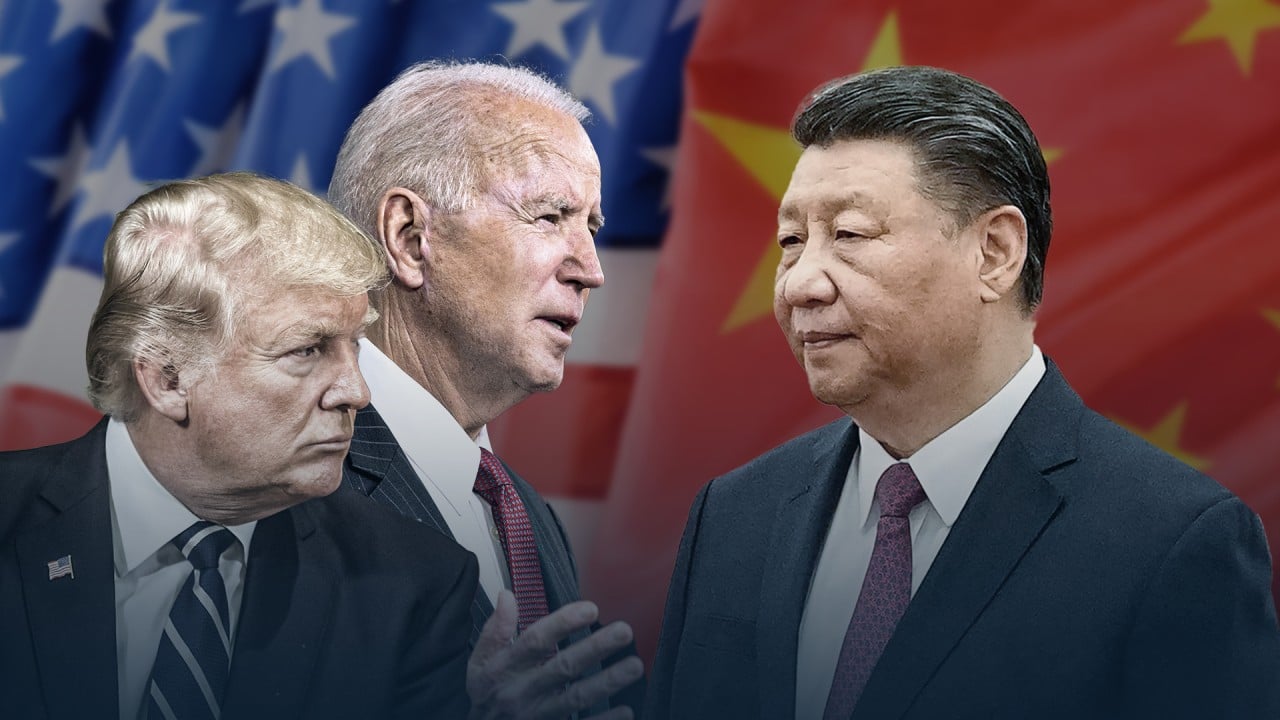
US debt-ceiling: Chinese agency first to downgrade US credit rating, after Fitch warning
- Move by China Chengxin International Credit Rating points to US inflation and ‘intensification of political divisions’ in debt-ceiling stand-off
- Sovereign rating declines can raise short-term borrowing costs for taxpayers, but move by Chinese agency seen as mostly symbolic, reflecting domestic market worries
China Chengxin International Credit Rating (CCXI), in which US ratings giant Moody’s holds a minority stake, downgraded it by one notch to AAg+ from AAAg, citing high inflation and the widely watched debt-ceiling stand-off.
“The intensification of political divisions between the two parties in the United States has increased the difficulty of resolving the debt-ceiling issue,” CCXI said in an online statement.
It added that the political wrangling was likely to result in a delayed payment by the so-called X-date – the day the US government says it can no longer fulfil all its financial obligations
“Deterioration in fiscal strength and frequent breaches of the debt ceiling continue to erode the credit base of the US dollar,” it added.
Is this China’s chance to shine as US debt-ceiling impasse raises global fears?
This is the first time a Chinese institution has explicitly expressed worries on the US debt issues, but there has been no official response from Beijing, which slashed its holding of US Treasury bills by a total of US$143.9 billion, or 14.2 per cent, in the past year up to March.
On Wednesday, Fitch put the US on notice for a possible credit downgrade, pointing to the debt-level “brinkmanship” in political negotiations to raise the debt ceiling.
A sovereign rating decline raises short-term borrowing costs for taxpayers, which affects the cost of repaying the US’ debt of US$31.4 trillion.
AA+ remains an investible grade with strong repayment ability and low default risk, according to CCXI’s terminology.
Such a downgrade by a Chinese agency is rather symbolic and largely represents worries among Chinese market players, and it will not have a substantial impact on US borrowing costs.
CCXI, which placed the rating on review for a further downgrade, said the US debt sustainability is being challenged by its highest level of debt among the previously AAAg-rated countries, with debt being compounded by the US Federal Reserve’s continued interest rate hikes.
Deal or default? How the US debt limit stand-off might end
With less than a week before a possible default, the White House and Republicans have been at loggerheads in their negotiations, with neither side willing to make concessions on the debt ceiling.
Fitch’s warning could carry more weight, regarding US credit, than CCXI’s rating decision.
The White House’s response also concerns global investors, as a default by the US dollar, the world’s largest reserve currency, could send shock waves through the global financial system.
The US dollar’s share in global foreign exchange reserves stood at 58.36 per cent in 2022, according to the IMF’s Currency Composition of Official Foreign Exchange Reserves (COFER) survey, while China’s yuan accounted for 2.69 per cent.
With growing global fears over US debt, Beijing has been pushing for greater use of the yuan in settlements with its trading partners.


